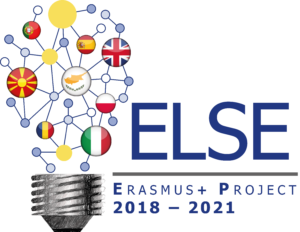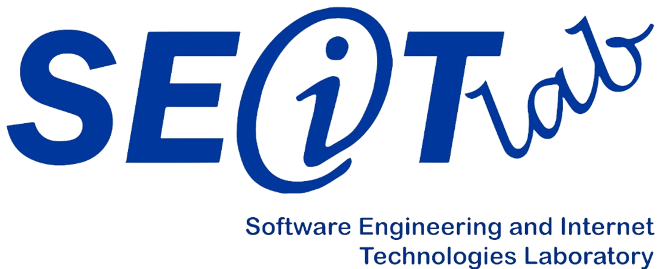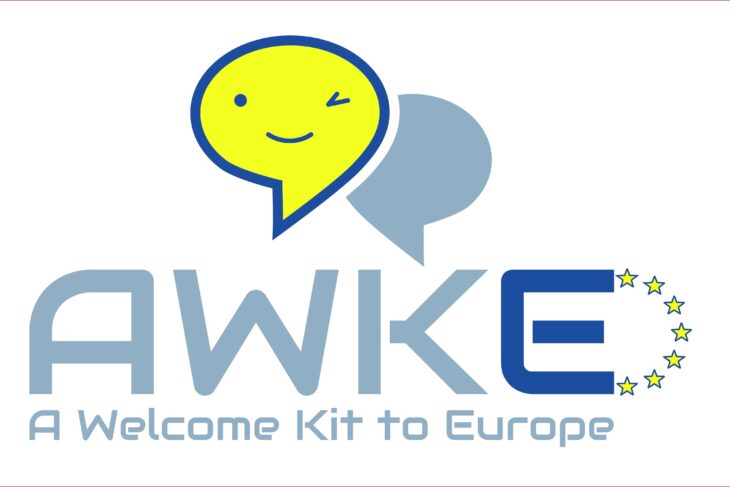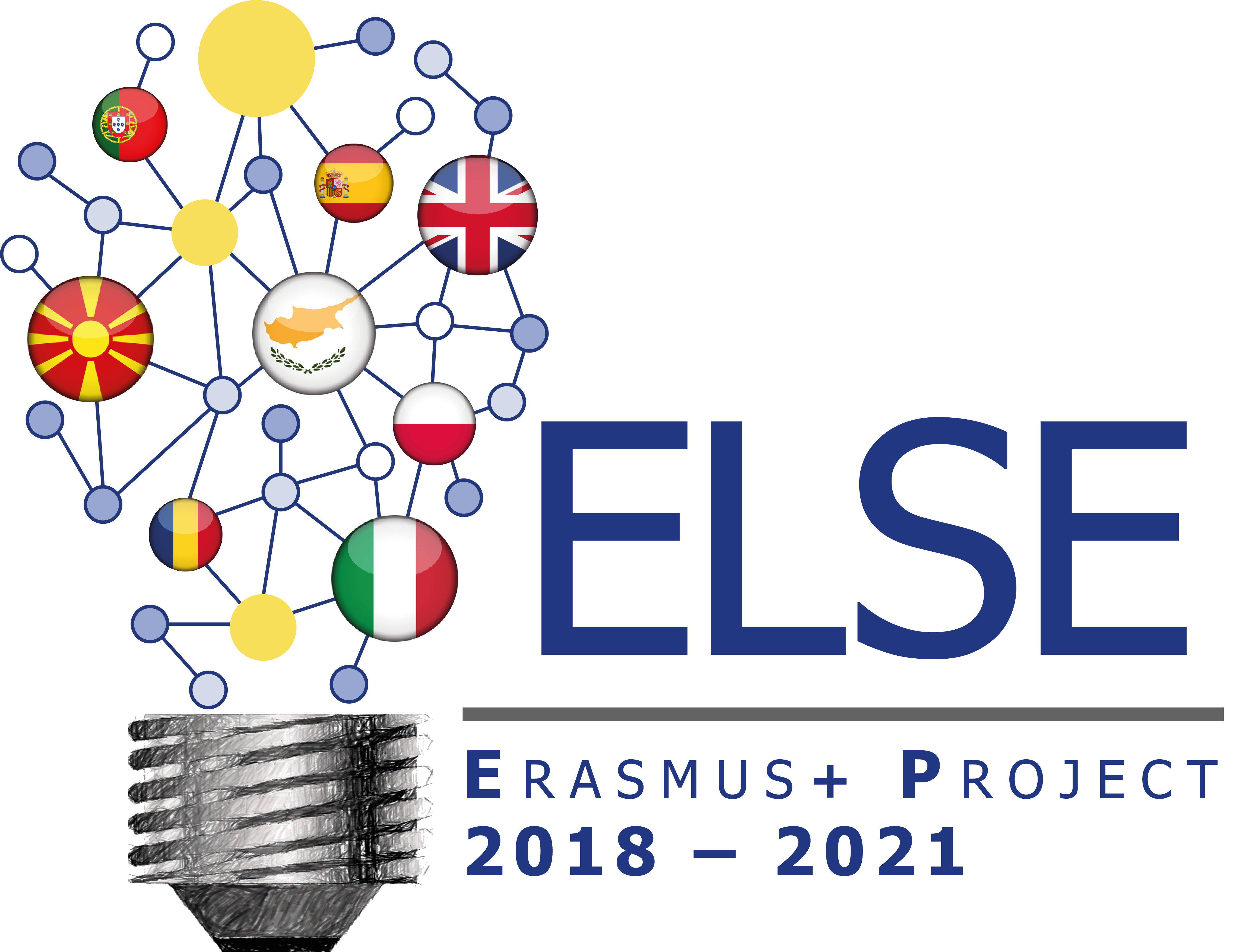
ELSE Erasmus+ Project aims to design and disseminate a strategy and appropriate ICT tools to achieve the fundamental European goal of redesigning Higher Education, facilitating the application of Bologna principles across Europe.
ELSE aims to design an innovative learning environment based on learner-centred pedagogies, which can activate students’ learning process through problem-solving, learning-by-doing, gamification, and digital information research. The Flipped Classroom paradigm is used where homework activities are moved from after the class to before the class, students have a first touch with the subject at home, and practice, extra material and questions are conducted later during the class.
Three tools were developed in the context of the project:
– E-Voli is a video-tagging tool that enables teachers to upload their videos and provide links to their students to access and view them before going to the class. Each student can add tags to specific time points of the video, demonstrating their comprehension or not of the content, questions or remarks. The teachers can then view a summarised preview of their students’ tags, being able to understand which parts of the course material need further elaboration within the classroom and which parts can be skipped, being in this way in line with the flipped classroom methodology.
– E-Core is a Serious-Game building platform, allowing teachers to create and develop their scenarios based on the course they are teaching. The students are then requested to play the game and to answer multiple-choice questions. When they reach the end of the game, the students can review their success percentage for the game, being able to try it again and again to improve their scores, and henceforth their comprehension of the specific subject.
– E-Dash: Flipping Moodle
The University of Cyprus team was in charge of developing a tool aiming at harmonizing Moodle Learning Environment with the concept of the flipped classroom.
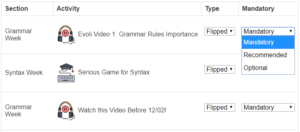
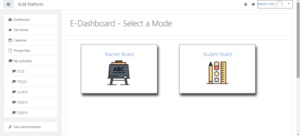
The E-Dash tool offers combined and mixed learning data, including grades, comments, questions and more for each student. These data assist teachers to gain an overall picture of their students’ performance, grades, and whether the students have tried the various activities or not.
For a teacher, a board combining the data of all students of a specific course, and a separate personalized board for each student of the course are offered. For students, their learning data for each enrolled course are presented separately.
All learning activities are categorized based on: (i) whether the activity is “mandatory”, “optional” or “recommended”, and (ii) whether the activity is used as “flipping”, “during” (the class), or “after” (the class). By selecting an activity, teachers and students have access to a visual aggregated overview of the accomplishments, in different formats depending on the data produced by each activity/tool.
Please contact us if you are interested in using any of the above tools.
IMPORTANT NEWS
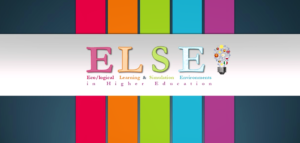
Due to the COVID19 pandemic our Erasmus+ project “ELSE – ECO/LOGICAL LEARNING AND SIMULATION ENVIRONMENTS IN HIGHER EDUCATION”, has received an extension. Read more here!
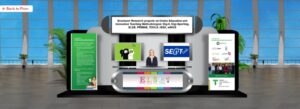
The SEIT Lab participated in the European Researcher Night, where ELSE project was disseminated. You can see some screenshots and Read more here!
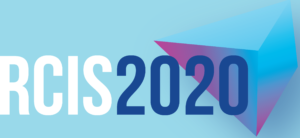
We were very happy to present our accepted short paper and poster about ELSE, at the Fourteenth International Conference on Research Challenges in Information Science (RCIS 2020). Check it here!
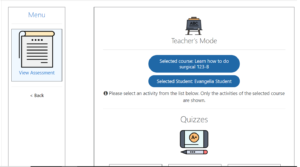
The “eDash” tool is now up and running and as such we are currently evaluating our tool.
Would you like to participate in this evaluation? Learn how here!

